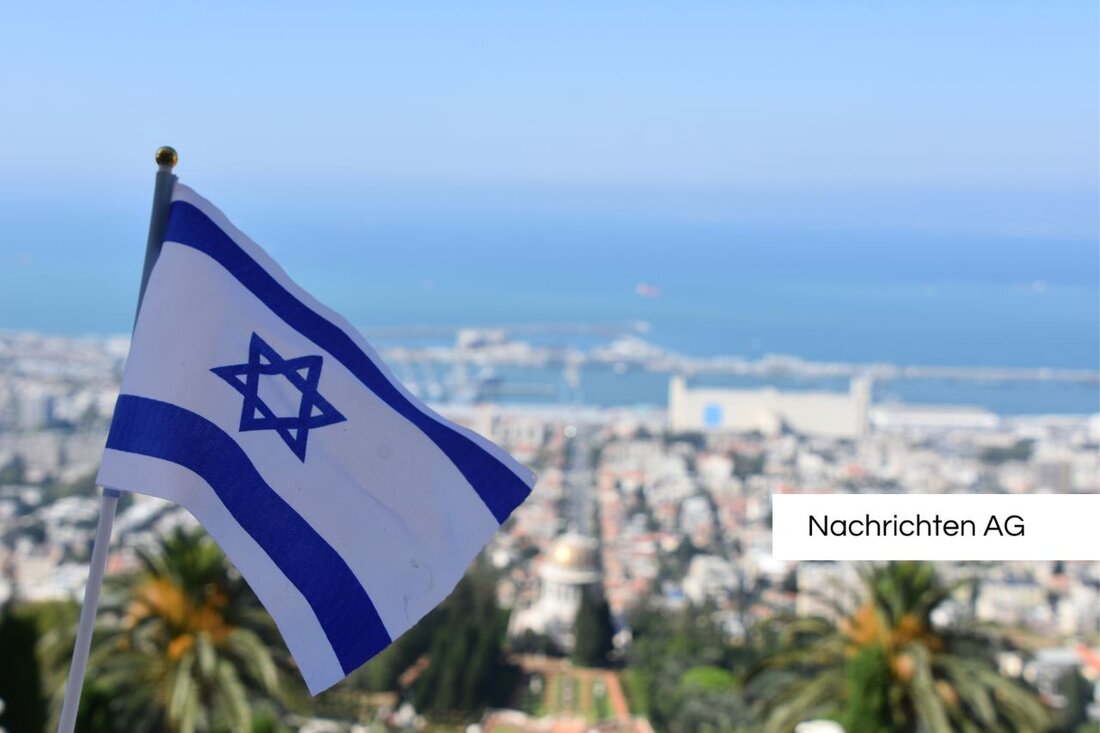Israel's air strikes: High -ranking generals of Iran killed!
Israel's air strikes: High -ranking generals of Iran killed!
On Sunday, Israel carried out a large -scale attack on several military destinations in Iran. This attack was directed specifically against weapons production facilities and infrastructures of the QUDS unit, the revolutionary guards and the regular Iranian army. There were also facilities in Tehran among the attacked goals. The Israeli army, the IDF, described the offensive as a "broad wave of attack". The Iranian news agency IRNA reported that three high -ranking intelligence agencies of the revolutionary guards were killed, including Mohammad Kazemi, the head of the secret service, and his deputy Hassan Mohaghegh and Commander Mohsen Bagheri. These generals were "murdered" in the Israeli air raid and posthumously referred to as "martyr".
With these attacks,Israel pursues the goal of reducing the growing military threat from Iran. The Israeli security authorities consider Iran as one of the greatest dangers to national security. In this context, Iran's support for various military groups in the region, such as the Hisbollah and the Huthi rebels, is also emphasized that act against Israel. Israel is increasingly concern about the Iranian nuclear program, which is an existential threat to the government in Jerusalem.
reactions to the attacks
The reactions to the attacks are already noticeable. Iran's revolutionary guards had previously attacked over 300 combat drones and rockets against Israel. However, most of these attacks were successfully intercepted by the Israeli military forces. None of the 170 unmanned air bodies penetrated into Israeli airspace. Despite these defensive measures, there was slight damage to the Nevatim flight base and some injuries, including a seriously injured seven -year -old girl. These attacks were seen as a retaliation measure for an Israeli air raid on Iranian representation in Damascus.
At the international level, US President Joe Biden has confirmed his support for Israel and announced a meeting of the G7 countries to coordinate an appropriate reaction. The UN Security Council also plans a special meeting, while Israel's UN ambassadors calls for a conviction of Iran. UN General Secretary António Guterres expressed concern about increasing escalation in the region.
The geopolitical context
The current conflict is embedded in a larger geopolitical framework in which Israel is looking for ways to guarantee its security. The majority of Israelis sees a serious threat in Iran. This gap is also deepened by the regime change in Syria, which Israel has exploited to destroy the Iranians' arsenals. At the same time, the deputy organizations of Iran, such as the Hisbollah and Hamas, have been significantly weakened since October 7, 2023.
The international community is watching the developments, especially with regard to the progress of the Iranian nuclear program. Israeli security circles report that Iran has sufficiently weapon -capable uranium for at least 15 atomic bombs. This fact takes care of the international actors and puts a strain on the negotiations on a new nuclear agreement in which US President Donald Trump is also involved. While the United States is striving for a diplomatic solution, the Israeli government sees military measures primarily.
| Details | |
|---|---|
| Ort | Teheran, Iran |
| Quellen | |


Kommentare (0)